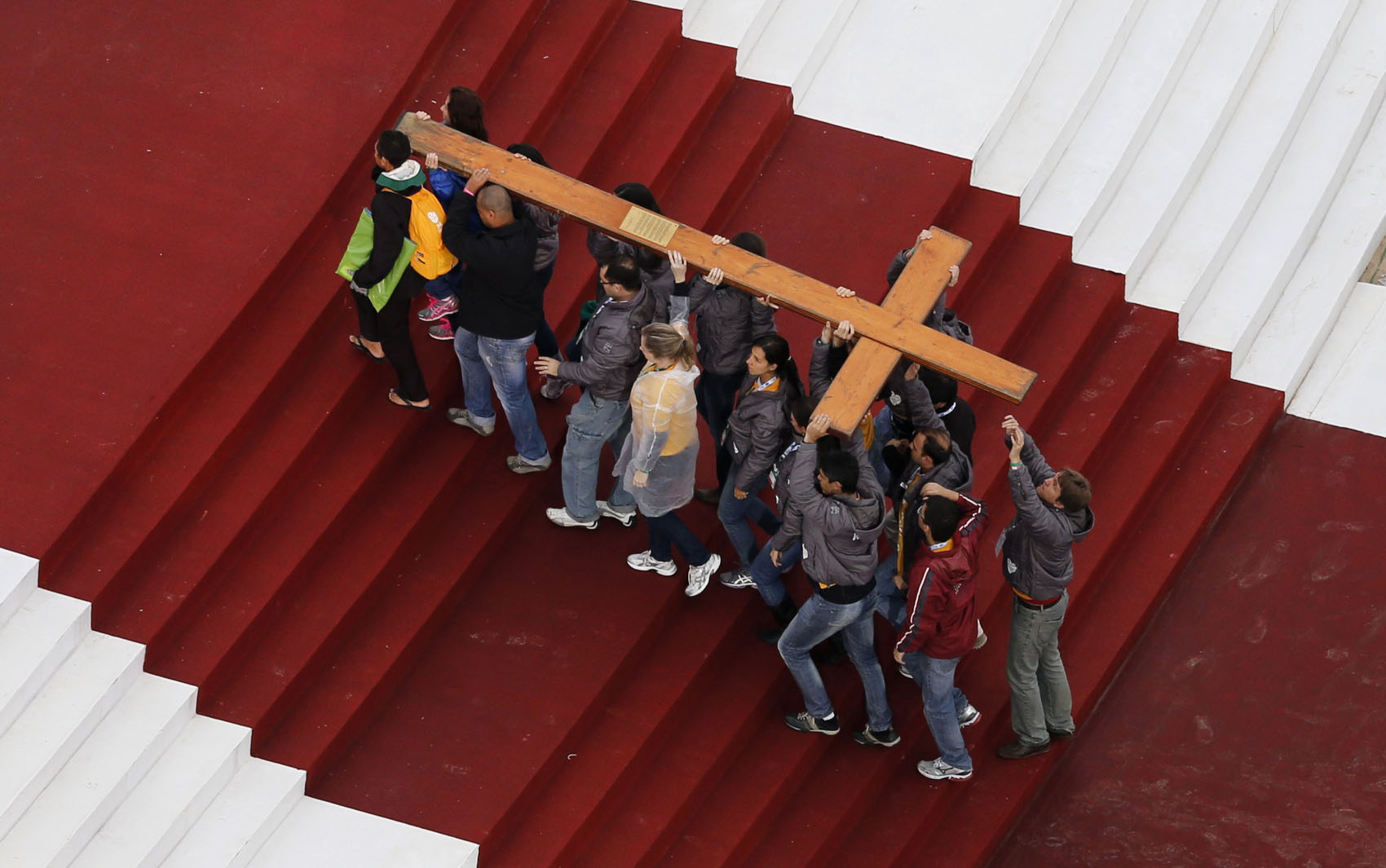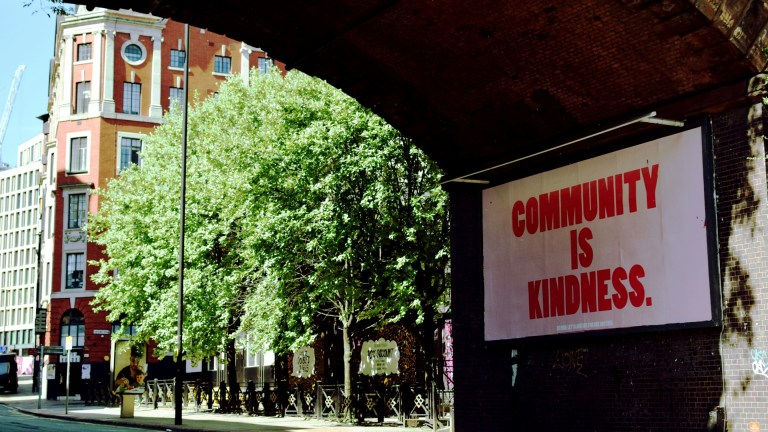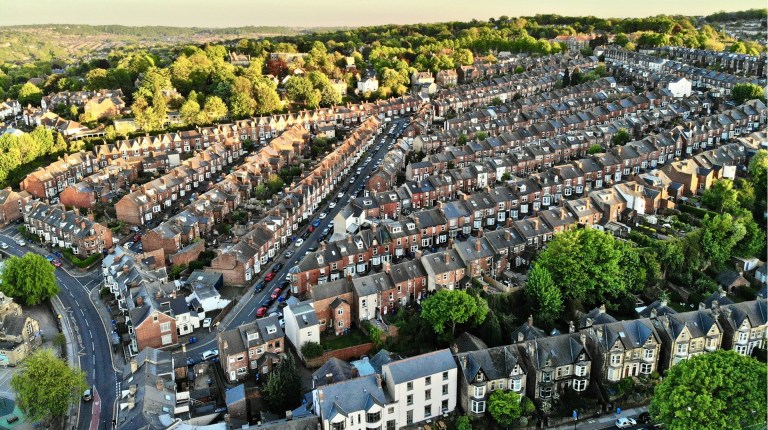‘These are the children of the precariat’
You’re walking up Sauchiehall Street in Glasgow on a Saturday night. As you approach The Garage nightclub, you briefly make eye contact with some young people. They step forward to meet you: what do they want? Are they selling something? Handing out fliers? Asking for a light? As it turns out, that last one is closest to the truth, as they offer you a candle and ask if you would care to light it in a nearby church.
That is the invitation being extended by a group of young Catholics to the people on the streets of Glasgow and other cities around the country. It’s an initiative called Nightfever and, while that may sound to some of us like a seventies disco throwback club, for these twenty-somethings it’s a bold way of sharing their faith with others. Not that there’s any coercion, hard-selling or forced conversions involved.
I have nothing but admiration for these young Catholics
Anyone who takes a candle is welcomed inside the church, which is illuminated only by other candles and they are invited to spend a moment in silence or prayer, perhaps listening to the music which is playing softly. And that’s it. You can light your candle and go or stay as long as you want. People often think of churches as chilly rather than chilled, but it’s remarkable how many people, regardless of their beliefs, find that the stillness draws stuff up from the well of their hearts. Dotted around the church are people, some of them priests, who are happy to listen if someone wants to talk.
Nightfever takes place in 11 cities tonight e.g. #Köln #Bonn #Dublin #Trindade! – You are invited! Find out more at https://t.co/vgMMdGagoM pic.twitter.com/HAPvJKD9rD
— NIGHTFEVER (@nfonline) February 17, 2018
As a priest clinging on to my forties by my fingernails, I have nothing but admiration for these young Catholics. It takes courage to stand on the street and approach total strangers in this way, especially on a Saturday night. I very much doubt I could do it.
And therein lies the issue. I belong to their parents’ generation, one more or less lost to the Catholic Church: far from being indoctrinated, we wouldn’t know doctrine if it bought us a kebab on the way home from a night out. In school, RE was the ‘catch up on your homework’ period (or marking, if you were the teacher): one year, we were made to copy out the whole of Mark’s Gospel in our jotters, turning the Word of God into a very long punishment exercise.











